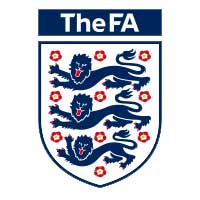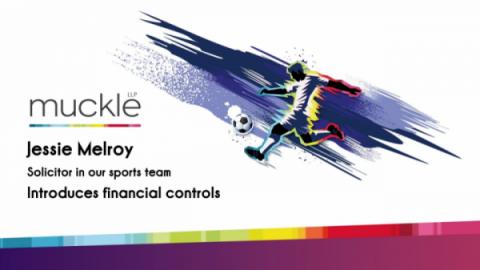
Related Downloads
FA Bitesize Guide introduction - Financial Controls
Jessie Melroy, solicitor in our sports team, introduces our FA guide on financial controls.
Watch VideoAll VideosFinancial controls
If your club adopts good financial management practices, it’s more likely to remain competitive and have the means and resources to invest in its future, thereby attracting and retaining players, members and volunteers. This article highlights some of the risks around poor financial mismanagement (albeit in a charity context).
We’ve put together this quick and easy guide to break down the ingredients of proper financial management and help you manage your club’s funds responsibly.
Budget setting
As with any business, you must set a budget and try to stick to it. Make sure your budget aligns with the goals set for the club in the short to medium term. Consider what resources you will need to achieve those goals, how much they’re likely to cost, where you will get those funds from, and any restrictions in your club’s governing document around expenditure.
Diversifying revenue
Try not to be overly reliant on one income source. Explore ways of diversifying your club’s income, whether that be through sponsorships, selling merchandise, holding fundraising events, applying for grants etc. Where significant trading or commercial activity is planned, consider whether a trading subsidiary is required. If you’d like further information, see our bitesize guide "Special Tax Status and Trading".
Recording keeping
Keeping accurate, detailed records of all outgoings and incomings, and all assets and liabilities, is key to helping your club monitor its progress against the budget set and will hopefully ensure your club sticks to that budget.
You should have rules around who can authorise spending at differing levels and the types of spending. It’s key to keep written records of those authorisations and spends.
Handling cash
Handling cash opens your club to the risk of financial loss arising from human error, theft or fraud. It is therefore important that (i) you keep records of any cash received by the club; (ii) ideally two people handle and record the cash; (iii) any cash is kept in a safe or otherwise locked away until banked; and (iv) the cash is banked as soon as possible.
Managing expenses
Typically, clubs can reimburse their committee/board members for reasonable expenses (e.g. travel) incurred in performing their role. Your club should have a policy in place explaining what types of expenses may be claimed and how to claim.
Bank accounts and mandates
Your club should have its own bank account, which is only used for the purposes of the club. Only club monies can be paid into this account.
To steer clear of the risks of fraud and error, it’s crucial to have dual authorisation on mandates. Club bank accounts must not be managed by just one person.
The treasurer
All clubs must appoint a treasurer whose responsibilities typically include:
- Handling all club money, including depositing money paid to the club (e.g. membership fees) into the club’s bank account and arranging payment of the club’s outgoings (e.g. payment of referees and coaches, pitch hire, any league fees).
- Preparing the club’s annual accounts.
- Keeping accurate financial records for the club, and reporting to the club’s management committee/board regarding the same.
- Overseeing the financial aspects of the club’s commercial activity (e.g. private hire of club premises, sponsorship, fundraising and merchandise sales).
Remember that whilst your treasurer may take the lead on your club’s finances, all management committee/board members are ultimately and collectively responsible for the proper financial management of your club.
Acting quickly
If financial problems arise, then it’s important to act quickly. Put in place a plan to try to mitigate the problem. Think about where you can reduce spending, how you might be able to raise additional funds (e.g. launch a crowdfunding appeal) and reduce activities for a period. If that all fails, consider seeking professional advice on your options. Consider what bodies you might need to inform or reach out to for support (e.g. your County FA, the Charity Commission).
Speak to our team
To speak to a member of our friendly sports team, please contact us at [email protected] or on 0191 211 7799.
get in touch






